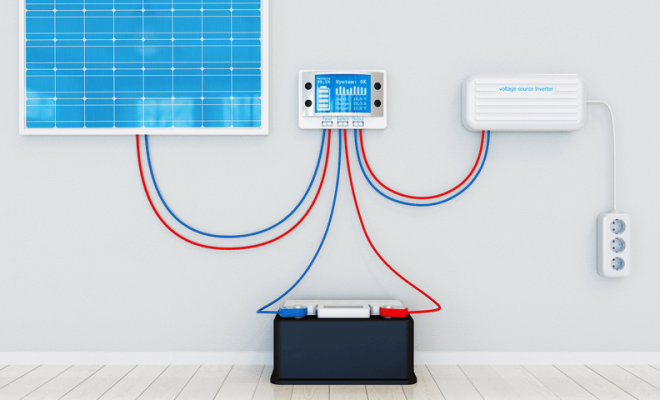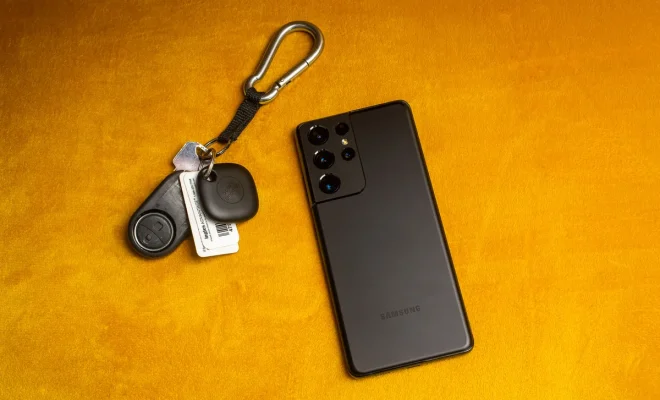Solar Inverters: Essential to Any Solar Panel System

As the world moves towards clean, renewable energy sources, solar power has emerged at the forefront of this transition. At the heart of any solar panel system lies a critical component – the solar inverter. This essential piece of technology seamlessly converts the direct current (DC) generated by solar panels into alternating current (AC) that can be used by households and businesses. In this article, we will discuss the vital role of solar inverters in solar panel systems and explore their various types and functions.
The Role of Solar Inverters
Solar panels absorb sunlight and convert it into DC electricity through the photovoltaic (PV) effect. However, homes and businesses use AC power for their electrical needs. This is where a solar inverter comes in. Its primary function is to convert DC electricity produced by solar panels into usable AC power. Without a solar inverter, your PV system would be unable to provide you with the energy required to run appliances and devices.
Types of Solar Inverters
1. String Inverters: String inverters are a popular choice for residential and small-scale commercial installations. Multiple solar panels are connected in series, called a ‘string,’ which is then connected to one central inverter, converting all generated DC power to AC.
2. Microinverters: Unlike string inverters, microinverters are installed directly at each panel. Each microinverter independently converts DC from its respective panel into AC power. This allows for better system efficiency and monitoring as it eliminates the impact of shading or soiled panels affecting an entire string.
3. Power Optimizers: These fall between string inverters and microinverters in terms of functionality. Power optimizers don’t convert DC to AC but instead optimize the DC voltage before sending it to a central inverter for conversion. This approach maximizes energy yield per panel without requiring an individual inverter for each.
4. Hybrid Inverters: As the name suggests, hybrid inverters are capable of managing both solar production and battery storage in one integrated system. These inverters allow the user to maximize solar energy consumption and provide added resilience during power outages.
Solar Inverter Efficiency
The efficiency of a solar inverter plays a critical role in determining the overall effectiveness of a solar panel system. Inverter efficiency, usually ranging from 93% to 99%, indicates how well the device can convert DC power into AC without losing energy in the form of heat. High-efficiency inverters will produce more usable energy, improving the return on investment for your solar project.
In conclusion, solar inverters play an invaluable role in any solar panel system. They are responsible for delivering functional power to our households and businesses by converting DC electricity generated by solar panels into AC electricity. With various types and features available, it’s essential to find the right inverter for your specific needs to maximize the benefits of your solar energy journey.





